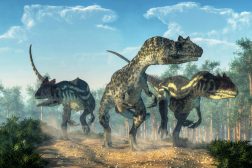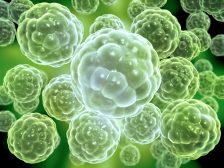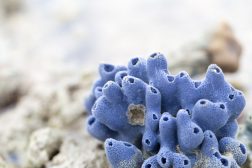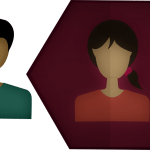Definition
noun
The observable response or reaction of an organism, an individual, or a system to a situation
Supplement
Behaviour pertains to the (aggregate of) acts or reactions that an organism, an individual or a system produces in response to a particular circumstance. It may be induced by stimuli or inputs from the environment whether internal or external, conscious or subconscious, overt or covert, and voluntary or involuntary.1
It may be innate. It means it may be based on the instinct or natural action (or inaction), originating from inside an organism or a cell. Or, it may be acquired (or learned) based on previous experiences or exposure. Genetic factors seem to affect the behaviour of an individual or organism as well. A subfield in genetics called behavioural genetics examines the role of genetic and environmental factors on the behavior of animals (including humans).
Word origin: Middle English behaven, bihabben (to restrain, behave) + –iour
Variant(s):
- behavior (US)
Synonym(s):
See also:
- mannerism
Related term(s):
Reference(s):
1 Minton, E. A., and Khale, L. R. (2014). Belief Systems, Religion, and Behavioral Economics. New York: Business Expert Press LLC.








